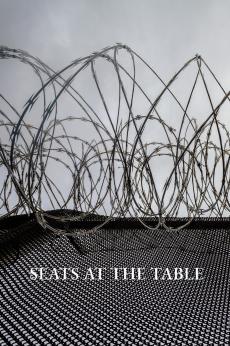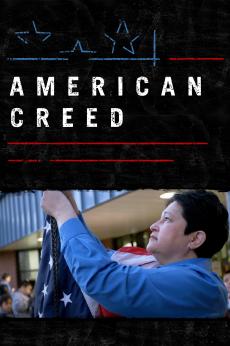Schedule
There is no broadcast information available at this time.
PBS PASSPORT
Stream tens of thousands of hours of your PBS and local favorites with WETA+ and PBS Passport whenever and wherever you want. Catch up on a single episode or binge-watch full seasons before they air on TV.
Similar Shows
Poster Image

Seats at the Table
News and Public Affairs
Poster Image

Peabody Presents Best in Documentary
News and Public Affairs
Poster Image

Viral: Antisemitism in Four Mutations
News and Public Affairs
Poster Image

Retro Report on PBS
News and Public Affairs
Poster Image

Retro Local
News and Public Affairs
Poster Image

American Creed
News and Public Affairs
Poster Image

In Principle
News and Public Affairs
Poster Image

FRONTLINE/World
News and Public Affairs
Poster Image

Need To Know
News and Public Affairs
Poster Image

Religion & Ethics NewsWeekly
News and Public Affairs